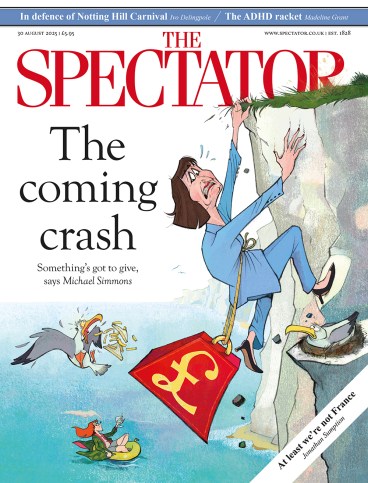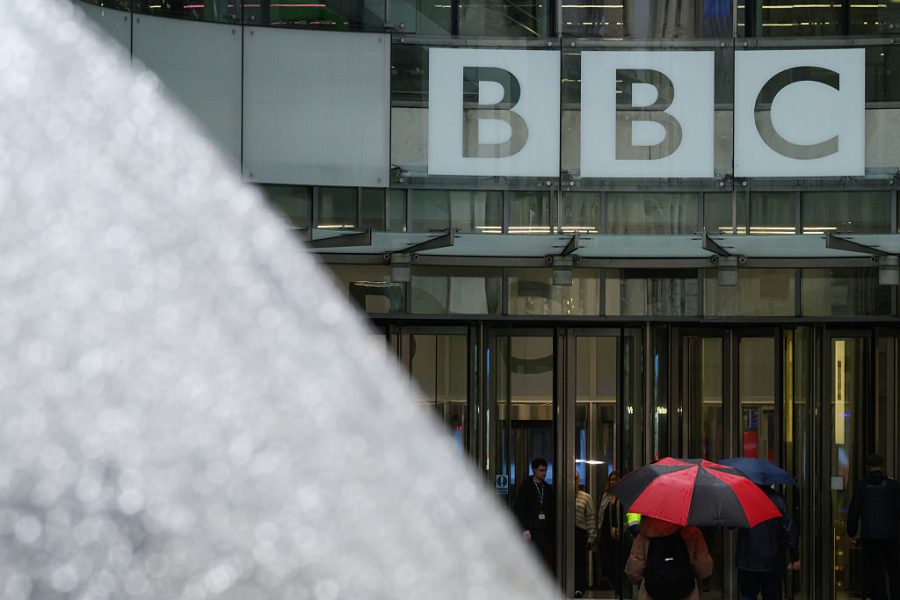
A recent photograph on a BBC website startled me. It was of hundreds of books thrown out of a former library in Croydon on to the ground.
It startled me because I had taken an almost identical photograph 34 years before – in Liberia. The books in the University of Liberia had been pulled from their shelves and scattered in similar fashion to those in Croydon. Of course, the books in Liberia were at a higher intellectual level.
The capital city of Monrovia was in those days cut off from the rest of the country by the forces of Charles Taylor, and the only way to arrive was by the Steel Trader, a ship owned by a redoubtable old Africa hand, Captain Monty Jones, responsible, at his risk and profit, for revictualling the besieged city. On board was an American ex-marine, known to me only as Rambo, who sat on the stern looking for pirates to blow out of the water. (To his disappointment, they never materialised.) There was also Serge, a French mercenary who found life in France wearisome, and was engaged to train one of the Liberian parties to the civil war.
Monrovia was a city destroyed, but in a very special way. The war had overthrown the regime of Samuel K. Doe (Dr Doe, as he was always called, once he had exchanged a timber concession for an honorary doctorate), who himself, as master sergeant in the Liberian army, had overthrown the regime of President William Tolbert, executed in the presidential palace and the last of the Americo-Liberian presidents.
While I was in Monrovia, I visited the self-styled Field Marshal Brigadier-General Prince Y. Johnson, who had captured President Doe. Before visiting him, I had been warned that it was best to go in the morning, before he had drunk too much and smoked dope, after which he was inclined to go out looking for people to shoot. I had also watched the notorious video in which he was seen ordering the naked Samuel Doe’s ears to be cut off, so that he would reveal the numbers of his bank accounts in London. Doe died soon after, horribly mutilated. Johnson told me that his ambition was to be a pastor and, during his exile in Nigeria, he became one. He subsequently returned to Liberia, was elected senator, was twice candidate for the presidency and was granted a five-day state funeral. The destruction in Monrovia in 1991 was of a special kind. It was not just by bullet and shell, as in any war: it was a thorough and painstaking annihilation of every last vestige of Americo-Liberian civilisation, obviously hated by some with a violent passion.
The John F. Kennedy Hospital, for example, where open-heart surgery had not long before been carried out, was nothing but a large, dark, echoing shell. There was not a single bed or member of staff present. It was deserted and abandoned, and every piece of equipment had been destroyed – carefully, meticulously destroyed. Anything with wheels or castors had had them sawn off, at the expense of hours of effort. It was as if people had gone through the building with a determination to ensure that it would never again be used for its original purpose, believing it to be evil, oppressive, alien.
At the maternity hospital, I found that all the medical records, every page of them, had been used as lavatory paper and left on the ground. ‘This,’ the disposition of the records seemed to say, ‘is what we think of your antenatal care, your foetal monitoring, your caesarean sections and your concern for maternal mortality.’
The very word is now suspect, and in the writings of academics is usually provided with quotation marks
At the Centennial Hall, where presidents were inaugurated and other important ceremonies held, there was a Steinway grand piano. I should imagine that it was the only one of its kind in Liberia. It sat in the middle of the hall, its legs sawn off, its body on the ground. Again, this was no ordinary destruction, no mere smashing, but iconoclasm that was carefully considered and chosen. All around the body of the piano, with its legs spread-eagled, was a necklace of human faeces at regular intervals. It was not gang rape; it was gang defecation.
I showed this to two young British journalists who had managed to make their way to Monrovia (civil wars are to journalists what carcasses are to vultures), but who had omitted to go to the Centennial Hall. They saw nothing in it, nothing at any rate of any special significance. Indeed, they found my reflections on the piano, my insistence that its treatment in this fashion was of great symbolic significance, mysterious. Why was I worried about the fate of a mere musical instrument when something like a quarter of a million people, a tenth of the population, had been killed, and an even greater proportion displaced?
I recognised here a similar argument made against Schubert Lieder – that an appreciation of them did not prevent extermination camp commandants in Germany from committing the worst of atrocities, indeed may have assisted them in doing so insofar as being moved by them might have persuaded them of their continued humanity. If, therefore, I cared for the piano destroyed, or incapacitated, in the Centennial Hall in Monrovia, it was because I was indifferent to the quarter of a million dead.

Croydon in 2025 is not quite Monrovia in 1991, needless to say, but it has its problems. The ex-library from which the books were so unceremoniously ejected was now intended for a community centre (whatever that might be), and for the moment it was being used to house the people considered the most vulnerable, all sources of vulnerability naturally being equal. What are a few books to set against the lives of the most vulnerable?
There are more pressing practical needs than those of civilisation, and there always have been. The very word civilisation is now suspect, and in the writings of decent academics is usually provided with quotation marks, to indicate that the word can only be used ironically. Was not the medal given to all surviving British soldiers of the first world war inscribed with the words ‘The Great War for Civilisation’?








Comments